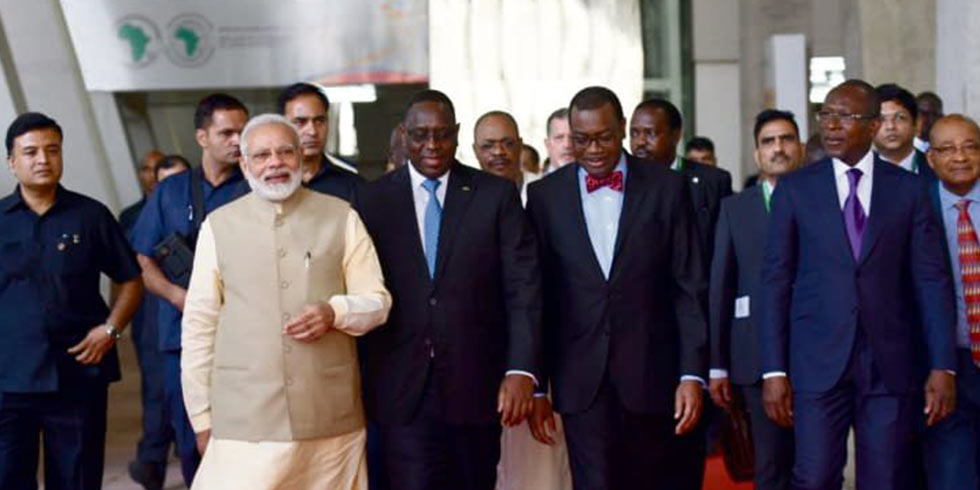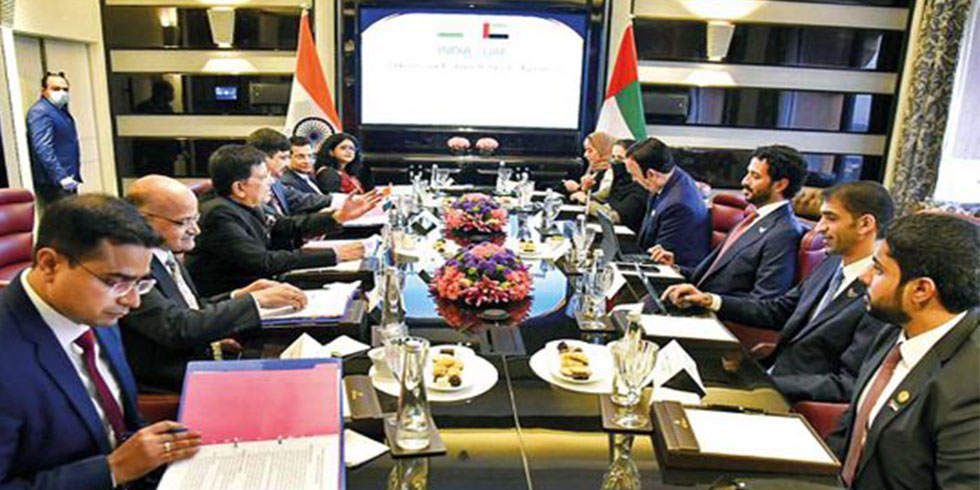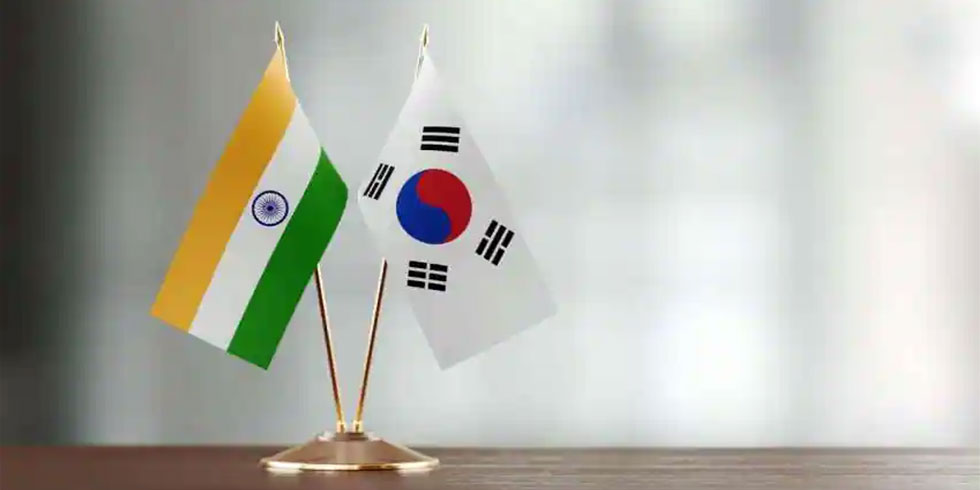The historical footprint of India in Africa differs from that of other powers. Independent India spearheaded a global anti-colonialist movement and provided spiritual and material assistance to African countries fighting for independence.
In recent years, India has increased its global aspirations and foreign policy contacts with African nations. Bilateral commerce grew from USD 7 billion in 2001 to USD 63 billion in 2018. India is presently the continent's third largest export destination and fifth largest investor. As a desk officer in the early 1990s and as Joint Secretary from 2005 to 2008, I was intimately involved in the formation of India's Africa Policy.
The historical footprint of India in Africa differs from that of other powers. Independent India spearheaded a global anti-colonialist movement and provided spiritual and material assistance to African countries fighting for independence. This was strengthened by non-aligned movement unity and the battle against racism. India was at the forefront of the anti-apartheid campaign in South Africa. Due to ancient commercial relations, the continent also has a substantial Indian diaspora. By convening the First India Africa Forum Summit in 2008, India took a significant step toward significantly improving its ties with the continent.
What defines India in Africa? One, there is no historical baggage; two, there is an alternative development model that is inexpensive, acceptable, and flexible; and three, there is a connection based on equality, solidarity, and mutual respect. Over the last 10 years, India has negotiated new bilateral agreements, established new embassies, and actively promoted commerce, infrastructure, and private-sector investment. The goal of India's participation is to assist Africa to improve itself through capacity development programs that highlight, for example, the success of India's green revolution and breakthroughs in ICT. Furthermore, a resource-rich Africa and a resource-limited India complement one another. Both are emerging economies with complementary skill sets. Collaboration in public health is a prime example.
Africa, with an estimated population of 1.2 billion people, accounts for 16% of the worldwide population and 24% of the global medical burden. Africa accounts for 70% of all HIV deaths and 90% of malaria deaths. Due to a lack of a robust native pharmaceutical sector, Africa relies on imports. In comparison, China and India, each of which have a population of over 1.4 billion people, have as many as 5000 and 10,500 pharma producers, respectively. Because of reduced prices and increasing demand, India ranks third in the world in pharma manufacturing by volume and 13th in terms of value. This, paired with the ability to manufacture 60 percent of the world's vaccinations, has earned India the label of "global pharmacy."
Almost 20% of our pharma exports, valued at USD 17 billion, are to Sub-Saharan Africa, namely South Africa, Nigeria, Kenya, Ghana, Sudan, and Tanzania. Apart from South Africa, the three largest continents are Algeria, Egypt, and Morocco. The historical involvement of India in assisting huge numbers of comparatively poorer nations, notably in Africa, in dealing with HIV, tuberculosis, and malaria through low-cost generic pharmaceuticals is well recognized.
EXIM Bank of India issued 12 Lines of Credit (LOC) for health projects totaling USD 1.6 billion to March 31, 2021, mostly for hospitals and labs. EXIM Bank provides three types of financing methods for establishing healthcare infrastructure in Africa: EXIM Lines of Credit for hospital construction, Buyers Credit under National Export Insurance Access (NEIA), and Commercial Buyers Credit. Indian firms having experience in implementing health infrastructure development projects such as the construction of hospitals, health centres, and digitally linked medical facilities can capitalise on these prospects in Africa. Aside from the Indian economic presence, this also entails temporary mobility of professionals such as physicians and nurses, which necessitates some trade policy changes in recipient nations.
African nations have several healthcare issues, ranging from acute shortages of healthcare workers to weak governance, insufficient infrastructure, and regulatory impediments. The triennial India-Africa Summit, the duty-free preferential trading arrangement, and the Pan African e-network have all increased India-Africa collaboration in the health sector. During the third Summit in 2015, India made a $10 million commitment to the India Africa Health Fund. India and Africa are committed to working together at the political and policy levels to solve hurdles in public health cooperation.














Add Comment